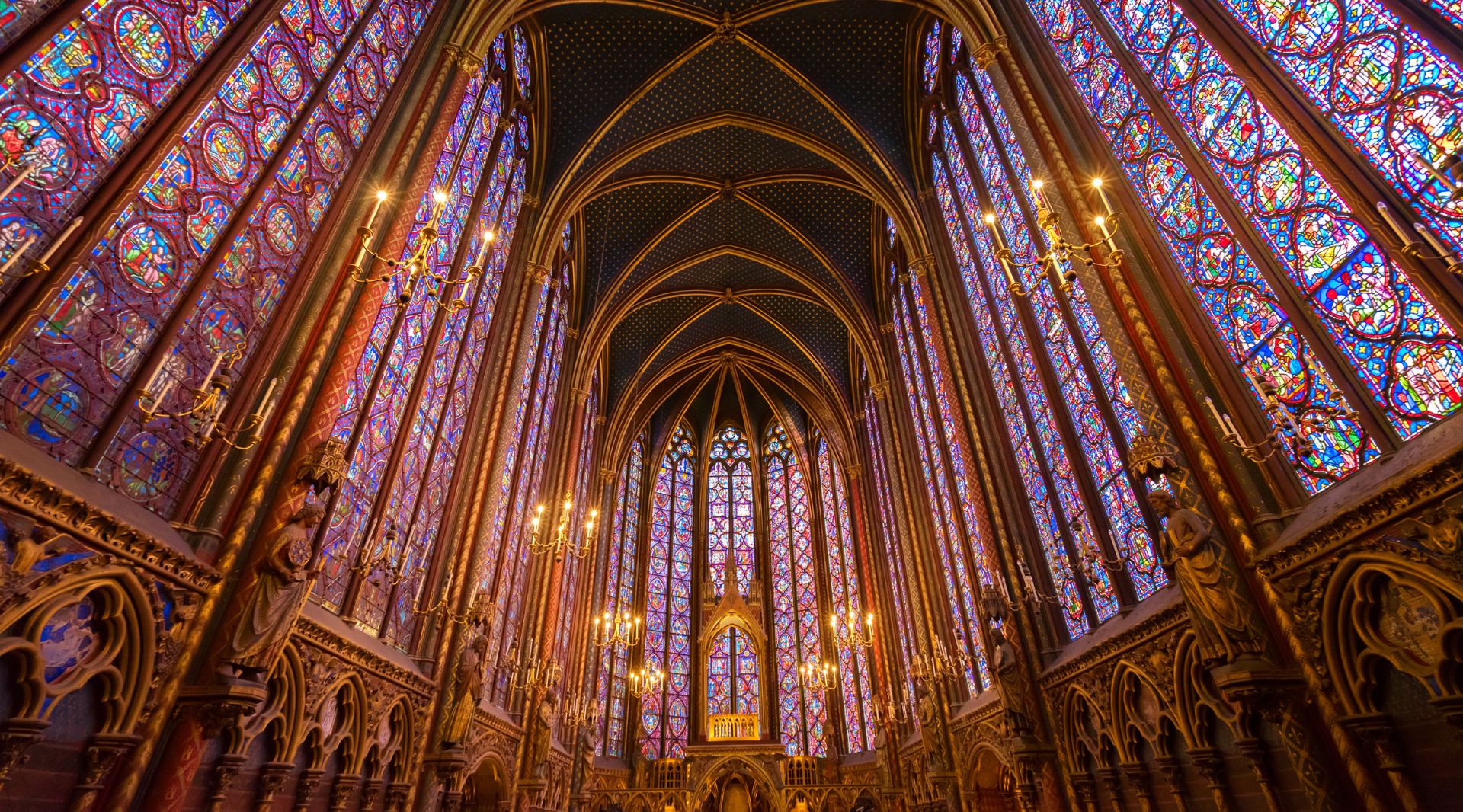
Summer in North America, and particularly in the lush northern parts, is glorious. Green grass and blooming flowers and trees, it’s impossible to ignore the miracle of life around us.
Do you consider the beauty of God? The beauty of holiness that also surrounds us (even in the darkness)?
In a little yet rich read about missional living, author Mike Frost says this about beauty in Surprise the World:
When I mention “beauty” as a missional priority, people are sometimes surprised. Reconciliation and justice make sense. The Bible is full of references to such things. But beauty as an expression of the reign of God? Really? But the more you think about it, the more sense it makes.

Where else do you often feel closest to God but on a mountaintop or at a beach or in the presence of natural beauty? Doesn’t a beautiful cathedral or a piece of music leverage you toward the Creator of all beauty?
If beauty is an expression of God’s reign, we need to think about ways to invite our friends to encounter it. Take them hiking. Climb mountains. Walk along beaches. Encounters with true beauty can’t help but make us think of Psalm 8: “When I consider … the work of your fingers, … what is mankind that you are mindful of them?”
Karen Stiller, author of Holiness Here, writes this in her book:
Beauty is so hopeful and, also, slows time down. Beauty shares that with holiness: its inherent hope and also its pace. When we make things beautiful, or pause to notice beauty already existing, it is a rebellion of optimism against all the long, ordinary moments and things, and certainly that which is ugly in and of the world.
Noticing beauty is a belief in now, and in five minutes from now.

Wonder allows us to forgive dragonflies. The moment and the mindfulness required to notice that something is beautiful slows us down in a way that is good for us and for the world, and for our hearts. That is the surprise of both natural and created beauty, which remind us that God is real, that God is holy, and that God is beautiful. Beauty points us away from ourselves and toward beauty’s original maker, who is God.
Finally, Joel Clarkson, author of Sensing God, shares this: The story of the gospel, of the death which sin brings and the life found in salvation, which felt so inconsequential as a child, has captured me. I find myself wrapped up in that narrative in a way I can’t escape, in a way that has shaped me and drawn me to seek the light that redemption brings. The propositional truth of Christianity has become my story, an ordering of the world which rings as true as a church bell.

And yet, there is a part of me that knows I can only believe these things to be true because I have experienced the goodness of them all my life through the means of beauty.
The song of nature has never left me void, and while pain and the experience of a broken world has compelled me to learn the name of the one who saves, I had already met Him long ago, in my childhood, and I still encounter Him day by day in the song of nature. When I was a child, my praise was an unspoken rising of the heart for the song sung by a hidden singer; now the singer has a name: Jesus.

